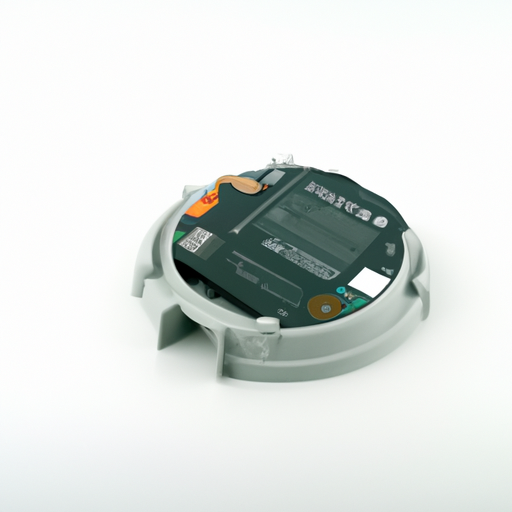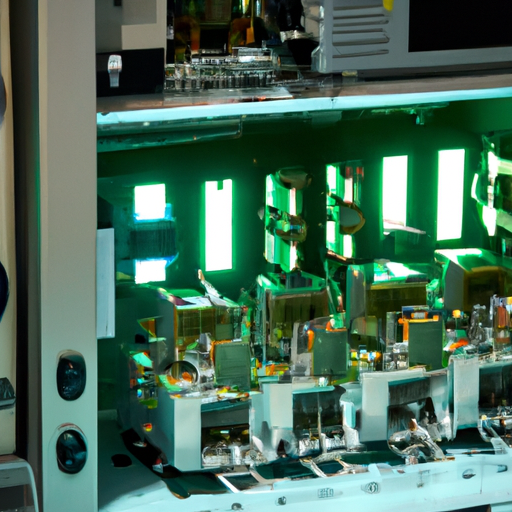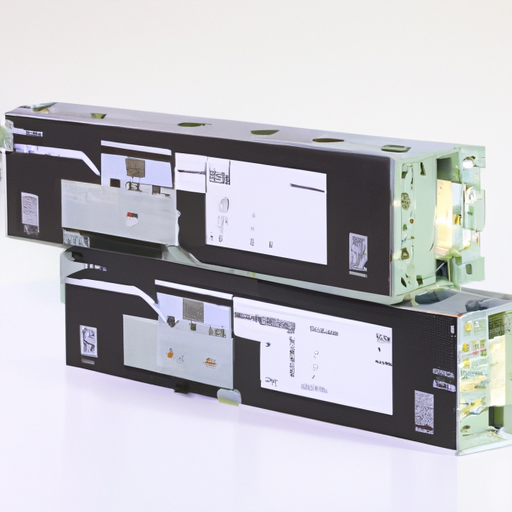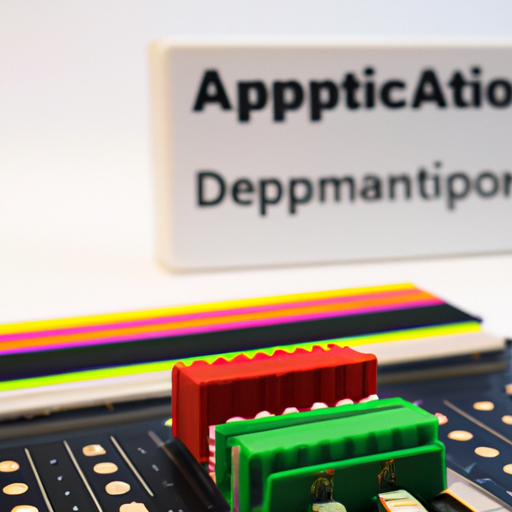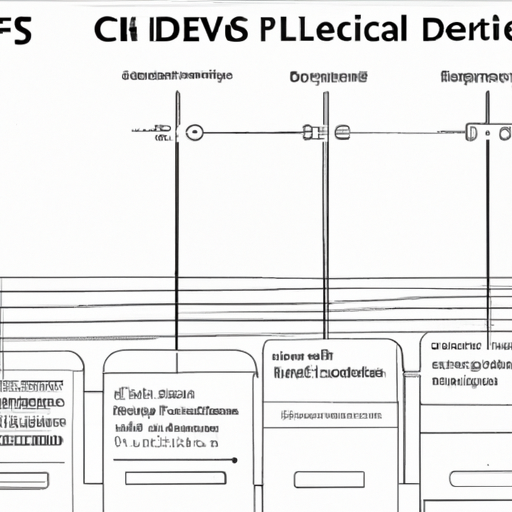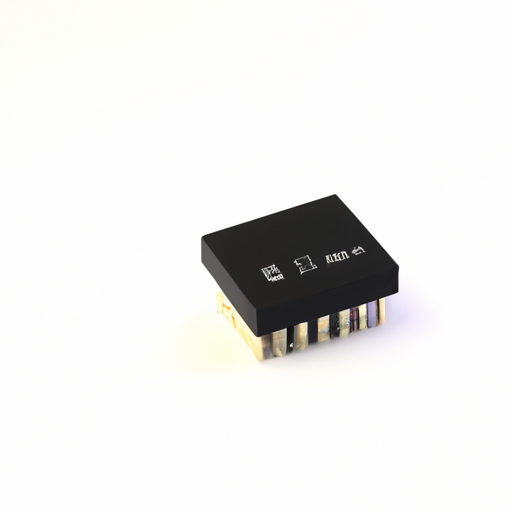Certainly! Here’s a more detailed overview of Real-Time Clocks (RTCs), their core functional technologies, and application development cases, while also clarifying the distinction from the MM74HC240N, which is a hex buffer/driver.
Core Functional Technology of Real-Time Clocks (RTCs)
| 1. Timekeeping Mechanism | |
| 2. Power Management | |
| 3. Communication Interfaces | |
| 4. Alarms and Timers | |
| 5. Temperature Compensation | |
| 1. Consumer Electronics | |
| 2. Embedded Systems | |
| 3. Industrial Automation | |
| 4. Smart Home Devices | |
| 5. Telecommunications | |
| 6. Medical Devices |
Application Development Cases of Real-Time Clocks
Conclusion
Real-time clocks are vital components in modern electronic systems, providing essential timekeeping capabilities that enhance functionality and reliability. When developing applications that require precise time management, selecting the appropriate RTC and understanding its features is crucial for achieving optimal performance.
If you have specific RTC models or particular applications in mind, feel free to ask for more tailored information!

